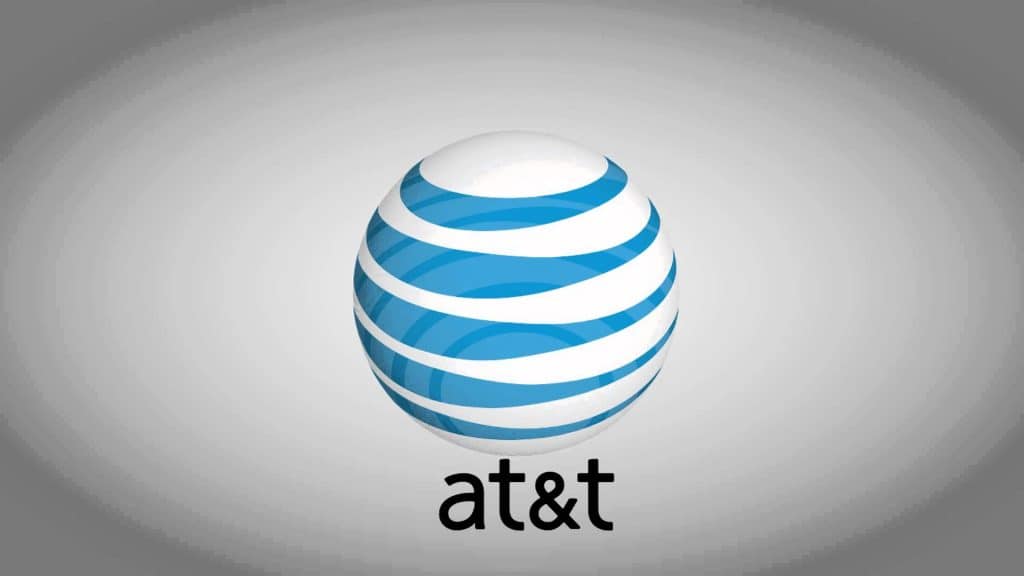Telecom giant AT&T has become the first major carrier in the US to address the issue of fraudulent calls. It has stated that it would start automatically blocking robocalls in the next few months. AT&T’s service will be enabled for all users by default for free.
Taking help from Federal agencies
The Federal Communications Commissions ruled last month that carriers will be allowed to block robocalls automatically for their customers by default. This means that the customers will not have to opt-in for blocking such communication. Note that users had to face a whopping 48 billion robocalls last year alone.

AT&T is following the ruling now and enabling its Call Protect service, which will be available for all new and existing customers. All new customers will automatically have Call Protect service enabled for protection against robocalls. Existing customers will get the service enabled in the upcoming months.
What’s special about the service?
The Call Protect service was earlier available for postpaid AT&T customers for free. They had to download a phone app and enable it on their account to ensure that they are protected from unwanted calls. The FCC’s ruling will ensure that AT&T enables it for all customers. The service can also be activated manually. Those who would like to receive all their calls without installing the filter will now have to opt out of Call Protect actively.
The Call Protect service detects and blocks fraudulent calls for users. It can also flag telemarketers and spam calls and show them as “Suspected Spam” whenever the phone rings. It also allows users to maintain a block list of numbers that they don’t wish to receive calls from. AT&T will be the first big carrier to take a step towards prevention of robocalls.
T-Mobile has similar features in its ScamID service, but it is enabled for all users by default. The Scam Block feature needs to be enabled manually, and the Name ID service for identification of numbers should be paid for. AT&T’s offering will be completely free by default in comparison. Another telecom heavyweight Verizon has a Call Filter service which also needs to be enabled manually. The free version must also be opted-in for by the user manually. Sprint has a Premium Caller ID service that costs users extra, and it is unlikely that the carrier will make it free for all customers by default in the near future.
Trusted & Regulated Stock & CFD Brokers
What we like
- 0% Fees on Stocks
- 5000+ Stocks, ETFs and other Markets
- Accepts Paypal Deposits
Min Deposit
$200
Charge per Trade
Zero Commission on real stocks
64 traders signed up today
Visit Now67% of retail investor accounts lose money when trading CFDs with this provider. You should consider whether you can afford to take the high risk of losing your money.
Available Assets
- Total Number of Stocks & Shares5000+
- US Stocks
- German Stocks
- UK Stocks
- European
- ETF Stocks
- IPO
- Funds
- Bonds
- Options
- Futures
- CFDs
- Crypto
Charge per Trade
- FTSE 100 Zero Commission
- NASDAQ Zero Commission
- DAX Zero Commission
- Facebook Zero Commission
- Alphabet Zero Commission
- Tesla Zero Commission
- Apple Zero Commission
- Microsoft Zero Commission
Deposit Method
- Wire Transfer
- Credit Cards
- Bank Account
- Paypall
- Skrill
- Neteller
What we like
- Sign up today and get $5 free
- Fractals Available
- Paypal Available
Min Deposit
$0
Charge per Trade
$1 to $9 PCM
Visit Now
Investing in financial markets carries risk, you have the potential to lose your total investment.
Available Assets
- Total Number of Shares999
- US Stocks
- German Stocks
- UK Stocks
- European Stocks
- EFTs
- IPOs
- Funds
- Bonds
- Options
- Futures
- CFDs
- Crypto
Charge per Trade
- FTSE 100 $1 - $9 per month
- NASDAQ $1 - $9 per month
- DAX $1 - $9 per month
- Facebook $1 - $9 per month
- Alphabet $1 - $9 per month
- Telsa $1 - $9 per month
- Apple $1 - $9 per month
- Microsoft $1 - $9 per month
Deposit Method
- Wire Transfer
- Credit Cards
- Bank Account


